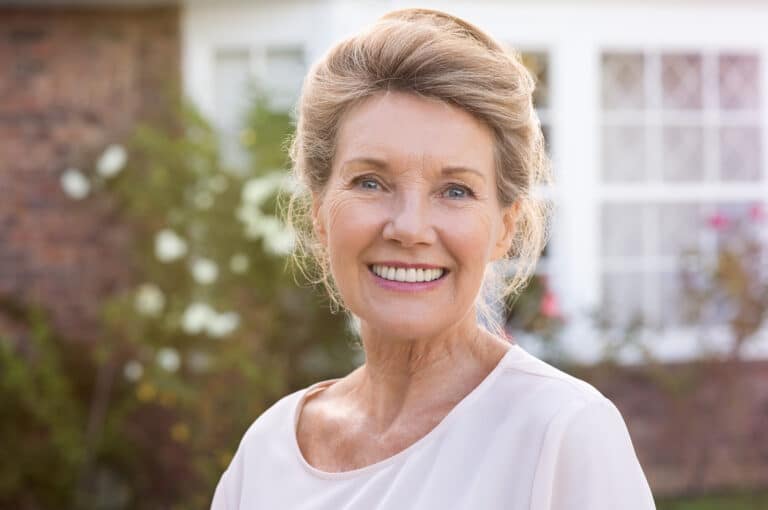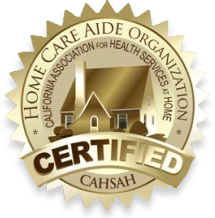Personal Care at Home: Did you know that just over half of all elderly people have some form of incontinence?
It can be very difficult for elderly people to discuss their incontinence with family members. They may feel ashamed or embarrassed. However, it is vital that you are able to talk to your elderly loved ones about this and let them know it isn’t their fault. Let your elderly loved ones that you can help them. If they don’t feel comfortable receiving your help, you can get personal care at home services for them.
Contributing Factors for Incontinence in the Elderly
As a family caregiver, it can help to learn about some of the contributing factors for incontinence in the elderly. Learning about these factors before talking to your elderly loved one about this issue can help you to better understand what they are going through. Some of these factors include:
Disease: If your elderly loved one has diabetes or Parkinson’s disease, they might have incontinence. This is because they don’t feel the urge to use the bathroom or they can’t make it to the bathroom quickly enough.
Pelvic organ prolapse: Many elderly women have this condition. If your elderly loved one has it, their urethra and bladder aren’t synced anymore which can lead to incontinence.
Enlarged prostate: Having this issue can mean more pressure on the bladder, leading to incontinence.
These are some of the many factors that can lead to incontinence. If your elderly loved one does have these issues or any others that are causing them to become incontinent, make sure you or a personal care at home provider take them to the doctor. There may be treatments that can help them with this issue.
Different Types of Incontinence
Once your elderly loved one sees a doctor, they can receive an incontinence diagnosis (if that is what is going on). It may also be helpful for you to learn about the various types of incontinence.
Some of these are:
Overflow: This is when the bladder leaks out because the bladder is still full. However, some urine still remains in the bladder.
Functional: People with a normal bladder that have mobility issues may not be able to reach the bathroom quickly enough.
Urge: People with this condition often feel they need to urinate, much more than normal.
No matter what type of incontinence your elderly loved one has, be sure to stay patient with them. They likely already feel embarrassed about what they are going through.
Personal Care at Home: Conclusion
Now that you are aware of the various types of incontinence and what may be causing it, you can be more understanding and compassionate with what your elderly loved one is going through. Just make sure your elderly loved one is aware that if they are uncomfortable with a family member dealing with their incontinence, they can receive personal care at home services instead.
If you or an aging loved-one are considering hiring Personal Care at Home in Citrus Heights, CA, contact the friendly staff at Home Care Professionals today. Call (866)-940-4855
Sources
https://www.health.harvard.edu/bladder-and-bowel/types-of-urinary-incontinence
https://www.webmd.com/urinary-incontinence-oab/
- Seven Indicators That Your Loved One Could Benefit from 24-Hour Home Care - April 18, 2025
- Creating Visual Cues to Support Independence for Seniors With Alzheimer’s - April 9, 2025
- Protecting Your Senior From Distracted Driving Mistakes - April 2, 2025




